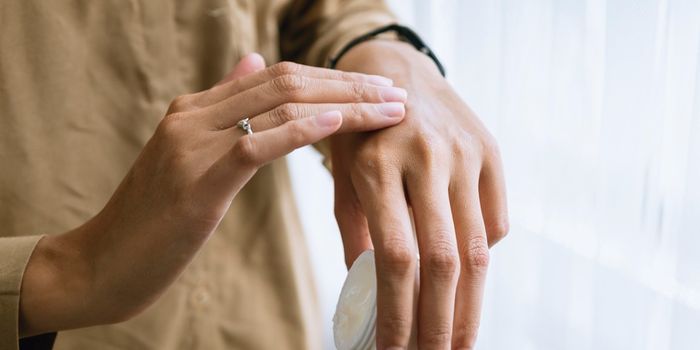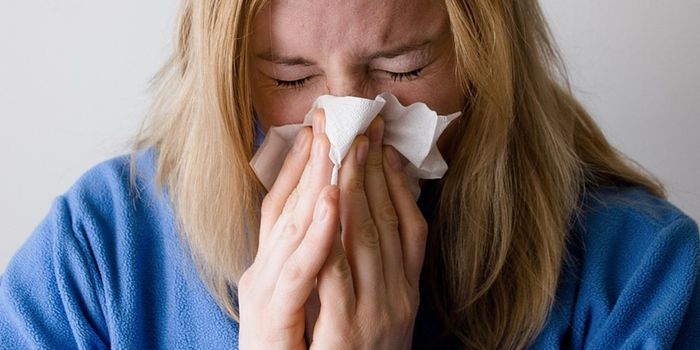An Inhaled COVID-19 Treatment Halts Viral Replication
During an infection, viruses take over cells and produce more viral particles, which can infect more cells and drive the illness. Scientists have been searching for new COVID-19 treatments that can stop viral replication. Many experts have also noted that inhaled treatments may be extremely important to stop the COVID-19 pandemic, in part to stop the virus where it starts - in the respiratory system. Now researchers have brought these things together in an inhaled treatment that can halt the replication of SARS-CoV-2, the virus that causes COVID-19, in the lungs. The findings have been reported in Nature Communications.
Although vaccines have been very helpful, we still need other options, noted senior study author Anders Näär, PhD a professor of metabolic biology at the University of California (UC) Berkeley. "A nasal spray that is cheaply available everywhere and that could prevent someone from getting infected or prevent serious disease could be immensely helpful."
This new treatment uses molecules called antisense oligonucleotides (ASOs), short bits of DNA molecules, which target parts of the viral genome. The sequence of an ASO is complementary to a sequence in the viral genome, so the ASO can match up to that sequence, and stick to it, which blocks that portion of the viral genome. The study authors tested hundreds of different sequences to find the ASO that was best at stopping the virus from replicating. The sequence of viral genome they used is not only critical to the pathogen's replication, it is also found in all variants, including Delta and Omicron.
COVID-19 specific ASOs were shown to prevent and treat COVID-19 infections in mouse and hamster models. The researchers did not see any negative impacts from the ASOs, suggesting that they may not have major side effects in people. ASOs are also cheap to produce and easy to store; they could be used in areas where reliable electricity or refrigeration can be difficult to access.
While this treatment approach still has to be tested in humans, if it's successful it could also be modified to treat other types of RNA viruses.
With ASOs that take aim at a viral family, scientists would only have to know which family a virus was part of when an outbreak occurred. ASOs administered nasally could be used to suppress a pathogen at the early stages of a pandemic, noted first study author Chi Zhu, PhD, a postdoctoral scholar at UC Berkeley. "That's the beauty of this new therapeutic."
Näär added that the researchers have also found another ASO that is in the genomes of every virus in the SARS family that we know of, and a cocktail using both ASO sequences could be incredibly effective. Näär is hopeful that this novel treatment will clear testing hurdles, and that it will become part of a spectrum of viral treatments.
Sources: University of California - Berkeley, Nature Communications









